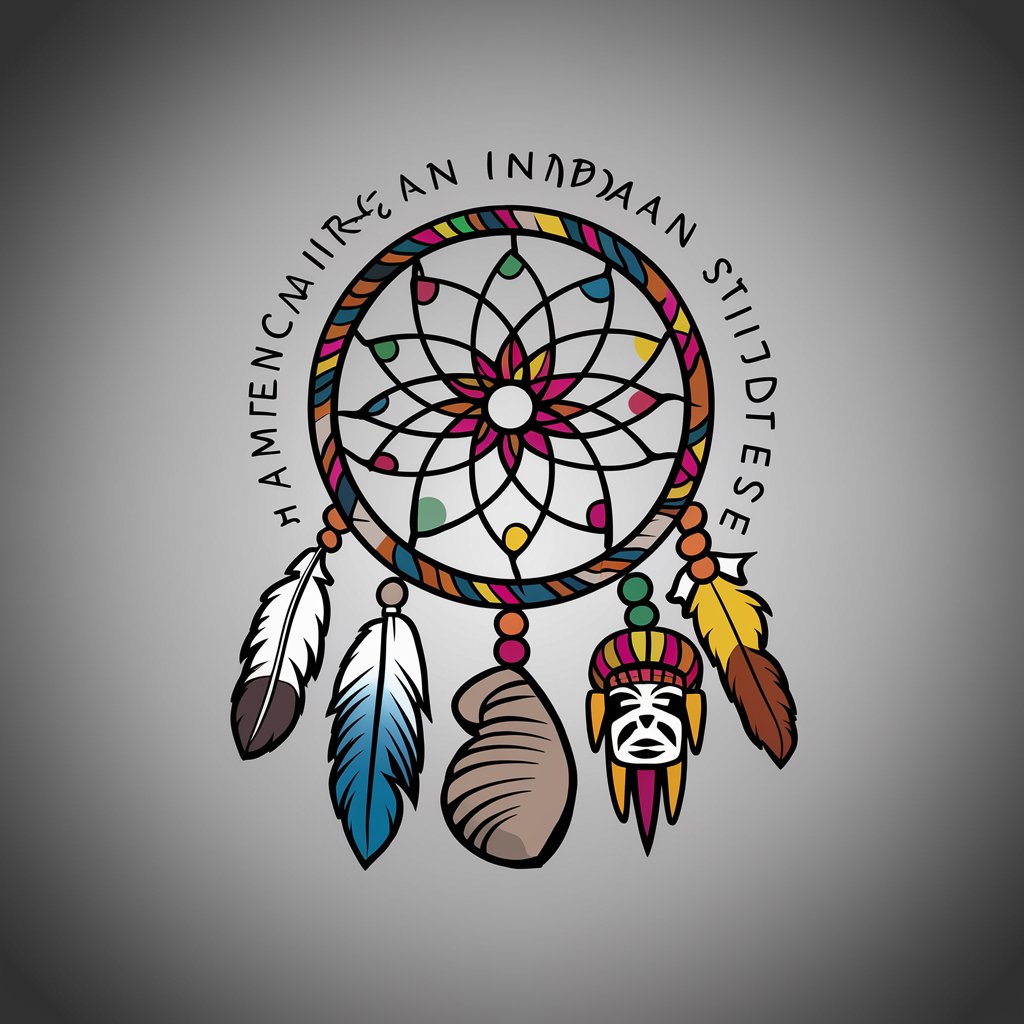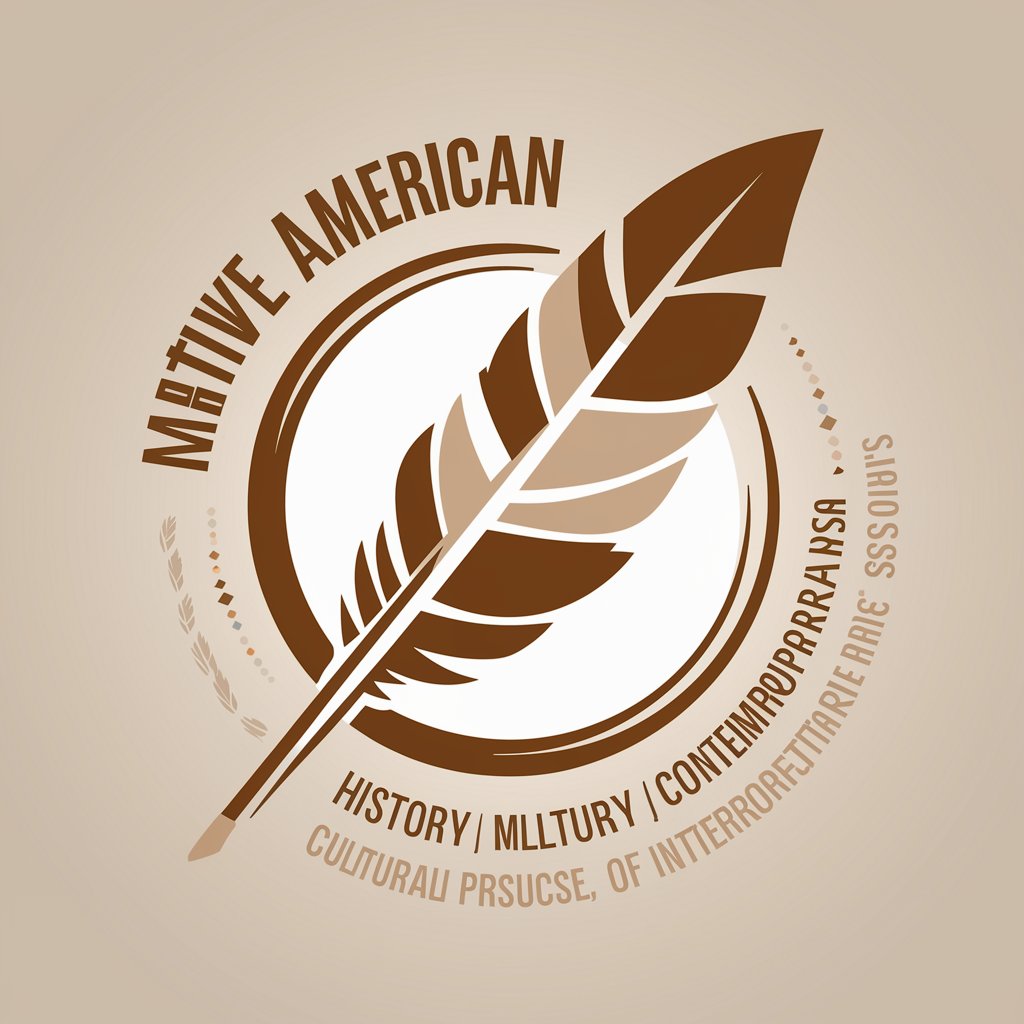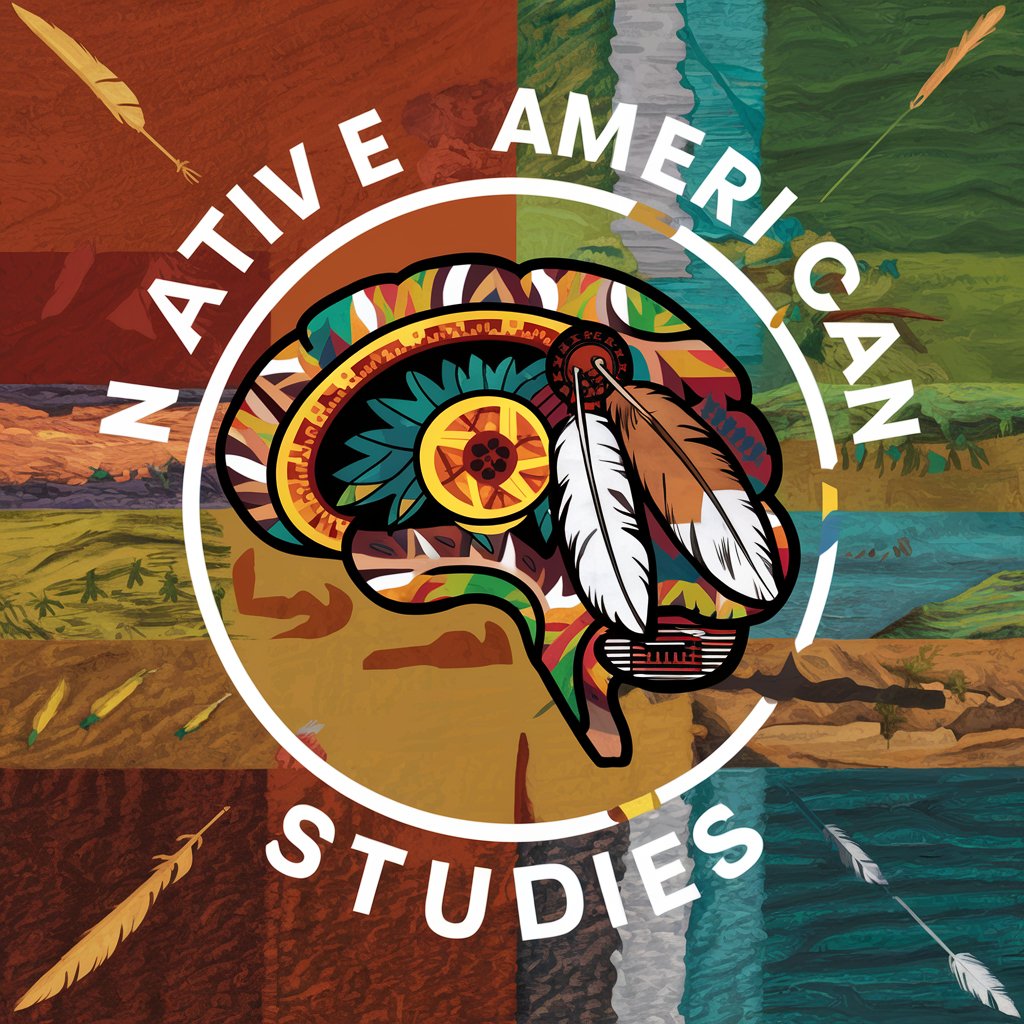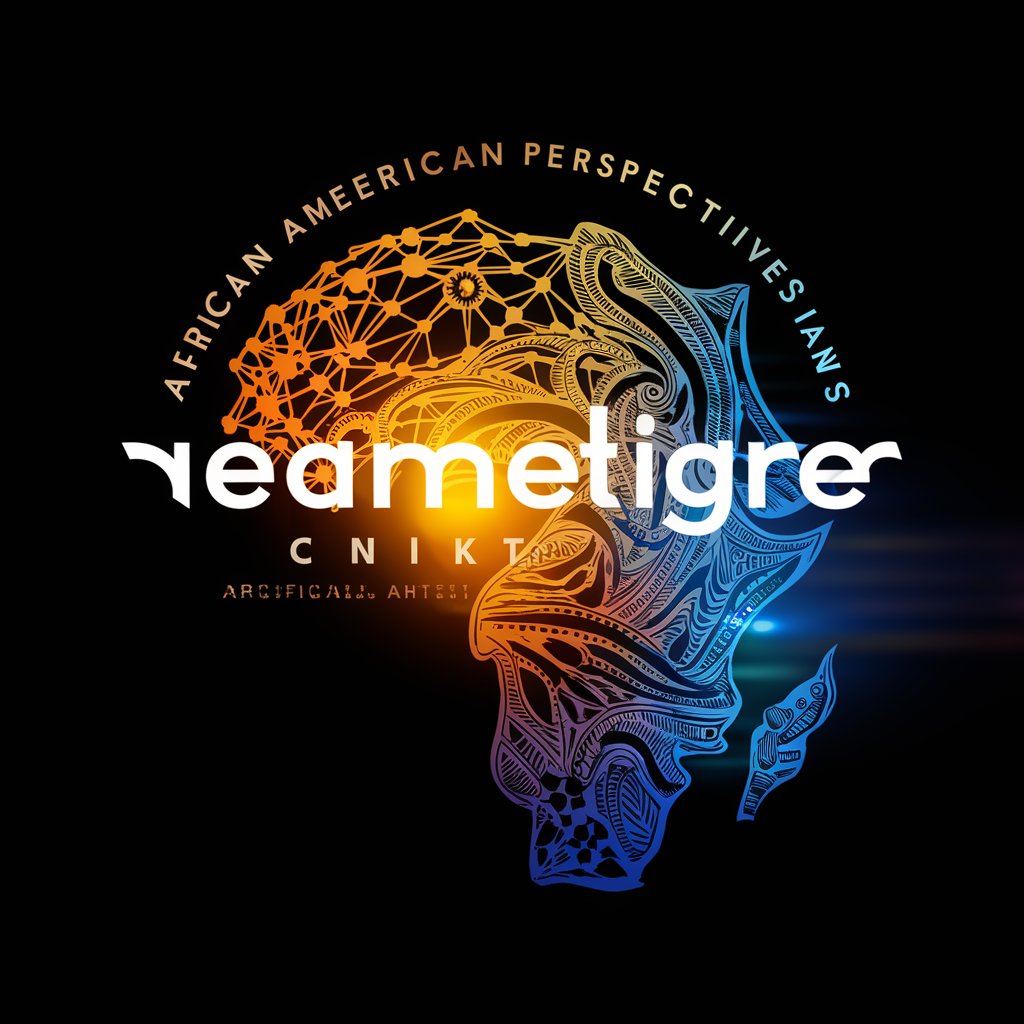
American Indian Studies - American Indian Studies Exploration

Welcome! Explore the rich tapestry of American Indian histories and cultures with us.
Unlocking Indigenous Knowledge with AI
Describe the significance of...
How did the cultural practices of...
What impact did the historical events of...
Explain the contributions of...
Get Embed Code
Introduction to American Indian Studies
American Indian Studies is a specialized field of research and education that focuses on the histories, cultures, contributions, and contemporary experiences of American Indian communities. This interdisciplinary area of study integrates perspectives from history, anthropology, legal studies, environmental science, cultural studies, art, and more to provide a comprehensive understanding of Indigenous peoples in the United States. It aims to challenge and expand upon the conventional narratives presented in mainstream academia by centering Indigenous voices, methodologies, and epistemologies. For example, a course on American Indian history might include traditional oral histories alongside archival research to offer a more nuanced view of Indigenous resistance and sovereignty. Similarly, a study on contemporary Indigenous art could explore how artists use traditional techniques to address modern issues, illustrating the dynamic nature of American Indian cultures. Powered by ChatGPT-4o。

Main Functions of American Indian Studies
Educational Resource Development
Example
Developing culturally relevant curricula for K-12 and higher education that accurately reflect American Indian histories and contributions.
Scenario
A school district collaborates with American Indian Studies experts to integrate Indigenous perspectives into their social studies curriculum, offering students a more inclusive understanding of American history.
Cultural Preservation and Revitalization
Example
Supporting language revitalization programs and the preservation of traditional practices.
Scenario
An American Indian Studies program partners with a tribal community to document and teach an endangered language, incorporating technology and community learning circles to engage both elders and youth.
Research and Scholarship
Example
Conducting and disseminating research on critical issues affecting Indigenous communities, such as land rights, environmental justice, and health disparities.
Scenario
Researchers within American Indian Studies publish a comprehensive study on the impacts of climate change on Indigenous fishing rights, influencing policy and providing a basis for advocacy efforts.
Community Engagement and Support
Example
Facilitating partnerships between academic institutions and Indigenous communities to address community-identified needs.
Scenario
An American Indian Studies department hosts a series of workshops on Indigenous gardening practices, bringing together university students, faculty, and community members to learn from tribal elders.
Ideal Users of American Indian Studies Services
Students and Educators
Individuals seeking to deepen their understanding of American Indian cultures, histories, and current issues. Educators can use resources to develop more inclusive curricula that represent Indigenous perspectives accurately.
Indigenous Communities
Members of tribal nations and Indigenous groups may utilize American Indian Studies as a resource for cultural preservation, educational initiatives, and advocacy. The field offers tools and frameworks for documenting languages, practices, and legal challenges.
Policy Makers and Advocates
Individuals involved in crafting policies or advocating for Indigenous rights and resources can benefit from the research and insights provided by American Indian Studies, using evidence-based data to inform decisions and strategies.
General Public
Anyone interested in gaining a more comprehensive and accurate understanding of American Indian communities and their contributions to society. This includes people seeking to be allies and those who wish to engage with Indigenous cultures respectfully.

How to Use American Indian Studies
Start with a Free Trial
Initiate your exploration by visiting a platform offering a no-cost trial, enabling access without registration or the need for a premium subscription. This step allows a risk-free opportunity to explore the tool's capabilities.
Identify Your Research Focus
Define your research questions or areas of interest within American Indian Studies. Whether it's history, culture, politics, or social issues, having a clear focus will streamline your inquiry.
Utilize Advanced Search Features
Employ the tool's advanced search capabilities to filter through the extensive database of information. Use keywords, topics, or specific questions to find the most relevant information.
Engage with Interactive Content
Take advantage of interactive features such as maps, timelines, and visual data representations to gain deeper insights into American Indian histories and cultures.
Apply Insights Practically
Use the gathered information to enrich academic writing, presentations, or discussions. The tool is also invaluable for developing curriculum materials or enhancing cultural understanding.
Try other advanced and practical GPTs
Indian Market Mind
Crafting localized ad copies with AI

Indian Chef
Discover the flavors of India, powered by AI

Vraag Floor | SEMD
Streamlining Acute Care with AI

胃がん患者集合 GPT
Empowering through AI-powered patient stories.

Human Written | 100% Unique | SEO Content
AI-driven, uniquely crafted content.

Iyzil GPT
Empowering Safety with AI

peanut butter
Unlocking Nutritional Value with AI

Traductor
Transforming Marketing Content Across Cultures

RETRO TOY WORLD
Bringing nostalgia to life with AI

Local Navigator
Your AI-powered local community guide.

Ultimate Internal Linking Plugin
AI-Powered Precision in Internal Linking

Prompting Genius
Empowering Creativity with AI

FAQs about American Indian Studies
What is American Indian Studies?
American Indian Studies is an interdisciplinary field that examines the history, culture, politics, issues, and contemporary life of Indigenous peoples in North America. It incorporates perspectives from history, sociology, political science, anthropology, and cultural studies.
How can educators incorporate American Indian Studies into their curriculum?
Educators can integrate American Indian Studies by including Indigenous authors in reading lists, discussing historical and contemporary issues facing Indigenous communities, and using resources that accurately represent Indigenous perspectives.
What are the best practices for researching American Indian history?
Best practices include using primary sources from Indigenous perspectives, critically analyzing secondary sources for bias, and acknowledging the diversity among Indigenous peoples by avoiding generalizations.
Can this tool help with genealogical research on American Indian ancestry?
Yes, the tool offers access to historical documents, tribal records, and databases that can assist individuals in tracing American Indian ancestry, understanding tribal affiliations, and learning about cultural heritage.
What resources does American Indian Studies provide for understanding current issues facing Indigenous communities?
The tool provides up-to-date news, scholarly articles, and multimedia resources that cover a wide range of topics, including land rights, environmental justice, cultural preservation, and political autonomy.





